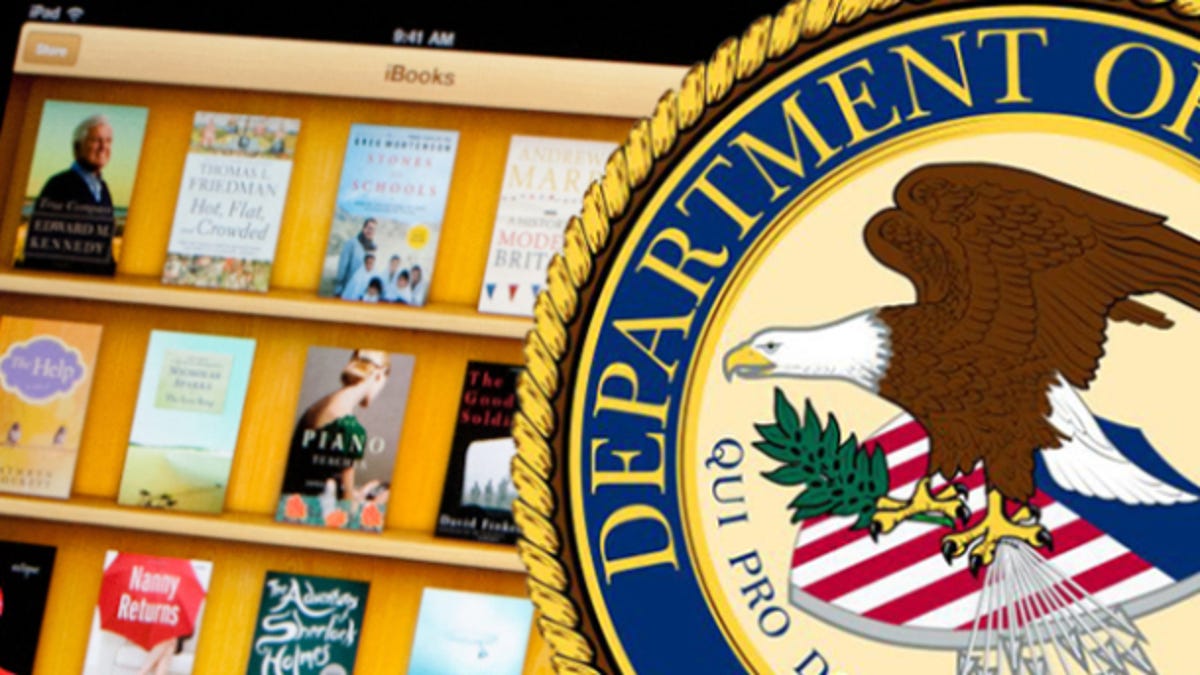Apple loses bid to yank court-appointed antitrust monitor
A federal appeals court rules that the monitor can continue to keep tabs on Apple's e-books antitrust compliance policies.

It's no secret that Apple has been unhappy with the court-appointed antitrust monitor watching over its shoulder -- but, it appears the company is going to have to get used to it for the time being.
The US Court of Appeals for the Second Circuit denied Apple's motion on Monday to put the court-appointed monitor's duties on hold while it seeks a more expansive appeal to remove him completely. In other words, monitor Michael Bromwich may continue to keep tabs on Apple's antitrust compliance policies for e-books.
"We are pleased with the court's decision," US Department of Justice spokeswoman Gina Talamona told CNET. "Today's ruling makes abundantly clear that Apple must now cooperate with the court-appointed monitor. The appellate court's ruling reaffirms the department's and district court's decision that a monitor is necessary to oversee Apple's antitrust compliance policies, procedures and training to help ensure that Apple does not engage in future price fixing and that US consumers never have to pay the price of their illegal conduct again."
Bromwich was appointed by US District Judge Denise Cote in October to make sure Apple complied with an injunction in an e-books antitrust suit. The suit involved the Justice Department claiming that Apple and five of the six top book publishers conspired to break Amazon's hold on the e-books market by setting prices. Though the publishers settled, Apple fought the Justice Department's accusations in court, and lost. Cote ruled that Apple "orchestrated" the conspiracy.
Tension between Apple and Bromwich has been high since he began examining the company. Apple complained in November that Bromwich's attorney's fees were excessive, pointing to the $138,432 he charged for his first two weeks of work. Bromwich countered that his requests to meet with key Apple personnel were largely being ignored. Earlier this month, lawyers for Apple asked Cote to disqualify Bromwich, arguing that he has demonstrated a personal bias against the company.
In its order on Monday, the federal appeals court outlined Bromwich's responsibilities saying he is not supposed to investigate Apple employees' compliance with antitrust laws, but rather the company's compliance policies.
"The injection allowed the monitor to assess the appropriateness of the compliance programs adopted by Apple and the means used to communicate those programs to its personnel," the order reads. "The monitor was empowered to demand only documents relevant to his authorized responsibility as so defined, and to interview Apple directors, officers, and employees only on subjects relevant to that responsibility."
Bromwich was appointed to work from inside Apple for two years. The company is appealing Cote's decision in the e-books suit, as well as her appointment of an antitrust compliance monitor.
CNET contacted Apple for comment. We will update the story when we get more information.

